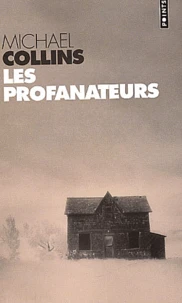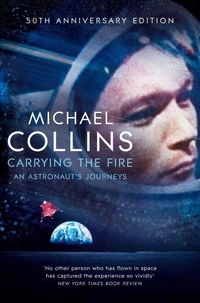Emerald Underground
Par :Formats :
Disponible dans votre compte client Decitre ou Furet du Nord dès validation de votre commande. Le format ePub protégé est :
- Compatible avec une lecture sur My Vivlio (smartphone, tablette, ordinateur)
- Compatible avec une lecture sur liseuses Vivlio
- Pour les liseuses autres que Vivlio, vous devez utiliser le logiciel Adobe Digital Edition. Non compatible avec la lecture sur les liseuses Kindle, Remarkable et Sony
- Non compatible avec un achat hors France métropolitaine
 , qui est-ce ?
, qui est-ce ?Notre partenaire de plateforme de lecture numérique où vous retrouverez l'ensemble de vos ebooks gratuitement
Pour en savoir plus sur nos ebooks, consultez notre aide en ligne ici
- FormatePub
- ISBN978-1-78022-211-0
- EAN9781780222110
- Date de parution09/11/2011
- Protection num.Adobe DRM
- Infos supplémentairesepub
- ÉditeurWeidenfeld & Nicolson
Résumé
A novel of maturity and rare beauty - by an author shortlisted for the 2000 Booker Prize. Liam, a fallen angel with a bad track record, has arrived in America through the back door, an illegal immigrant stuck with the worst kind of job and a reputation for trouble. Forced on the run, he links up with another fallen …
A novel of maturity and rare beauty - by an author shortlisted for the 2000 Booker Prize. Liam, a fallen angel with a bad track record, has arrived in America through the back door, an illegal immigrant stuck with the worst kind of job and a reputation for trouble. Forced on the run, he links up with another fallen star, a beautiful, pregnant girl called Angel. Hampered, yet spurred on, by Angel's lowlife boyfriend, Liam finds the wide open spaces bring him a freedom not advertised by the immigration brokers back home, and the chance to run towards the life he had always dreamed of.
Michael Collins writes with his characteristic rawness and anger about the Irish in '80s America. He brings a new poignancy to our understanding of the emigrant experience and of the loneliness of not belonging.
Michael Collins writes with his characteristic rawness and anger about the Irish in '80s America. He brings a new poignancy to our understanding of the emigrant experience and of the loneliness of not belonging.




















